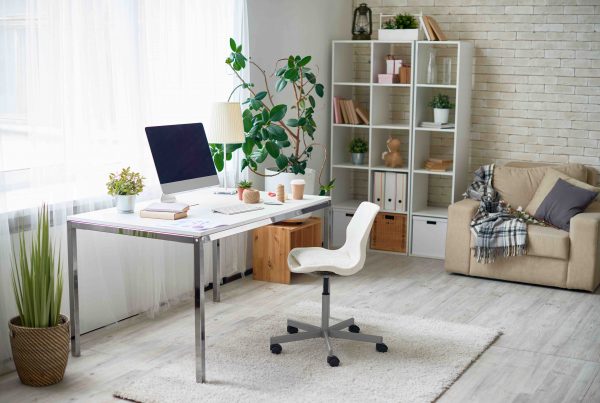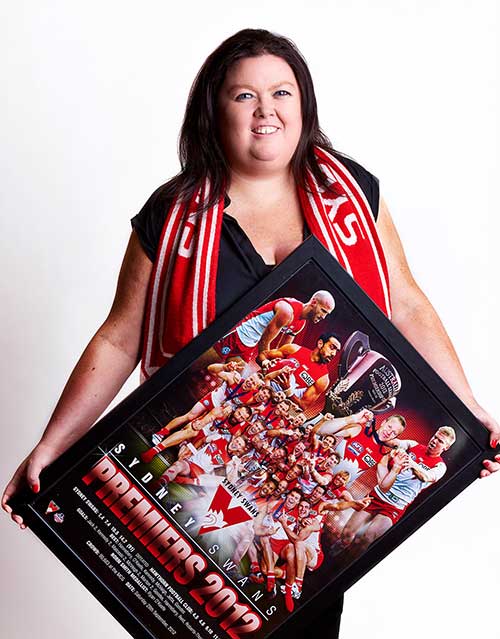 When the findings of the latest Household, Income and Labour Dynamics (HILDA) survey were released earlier this year, it showed that many younger Australians were worried about their ability to save for loans.
When the findings of the latest Household, Income and Labour Dynamics (HILDA) survey were released earlier this year, it showed that many younger Australians were worried about their ability to save for loans.
Australia’s most comprehensive household survey has tracked the social and economic circumstances of more than 17,000 young people since 2001.
The results of the latest survey revealed that home-ownership for under-40s had taken a significant drop since 2002 – and also that, for those with mortgages, those home loans were not being paid off at the same rate they used to be handled.
One key factor is that wages have remained quite stagnant, with very little growth in recent years.
For many young people, it’s another challenge to face when saving for your home but it is not impossible to overcome.
To help you save money for your first home deposit, try these practical tips to help you secure a mortgage faster.
Set a goal
By having a clear financial goal, it’s a smart way to get your finances in better shape.
Once you work out the deposit amount you need – and talking to a mortgage broker or using an online mortgage calculator can give you a more detailed understanding of how much you are eligible to borrow – you can work towards saving that amount.
By knowing where you need to be, you can make smarter decisions about some of the sacrifices you might need to make on the journey. Yes, that new outfit or holiday might seem like fun, but if you want a first home even more, you’ll soon make realistic decisions about the long-term impact your spending decisions can have.
Open a savings account
By directing savings into a separate bank account consistently, you’ll have the pleasure of watching your savings build. If you choose an account with a good interest rate and consider the money in this special account as off-limits, you can watch the money accumulate and feel good about it – knowing that each additional deposit is bringing you closer to your home-ownership dream.
Budget for long-term success
Budgets shouldn’t be overwhelming. Create a list of your typical expenses each month, then allow for some miscellaneous expenses that invariably occur. Next, make a list of your expected income for the month ahead and calculate the difference between the two amounts. Using spreadsheet software, such as Excel, can help but pen and paper can work just as well if you prefer doing things that way.
If your expenses add up to more than your income, it might be a good motivation to talk to a financial counsellor, or be strict with yourself and think of ways to trim your outgoings. You might also be able to increase your incomings. If it’s time to ask for a raise, or look for a better job with a higher salary, think about it. If that is not possible and you are committed to the idea of your savings, taking a second part-time job could be another way to improve your savings. Be realistic and budget for the unexpected, such as car problems, the way sickness may impact your ability to earn, or other unforseen circumstances that might impact your earnings/expenses.
Negotiate a better deal with your utility companies, try walking more in your local neighbourhood, instead of jumping in the car every time you need something from the shop. You’ll spend less on petrol and you’ll be less likely to impulse buy when you don’t have your car to load your shopping into. Consider shopping for groceries in bulk to save money – choosing bulk rolls of toilet paper, for example, can save you money in the long-term.
Avoid using credit
Credit cards are designed to make it easy for you to spend money.
And when you don’t pay your bill on time? The interest costs you even more.
If you’re saving for a long-term goal, such as a house, now is not the best time to spend on other unnecessary items, such as new appliances or a new car. Be realistic about your savings goals and don’t fall into the trap of using credit to get what you don’t really need. In the long-term, you’ll be grateful you stayed focus on your bigger goal of owning a home.










